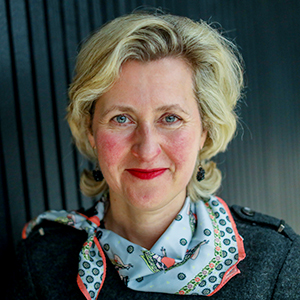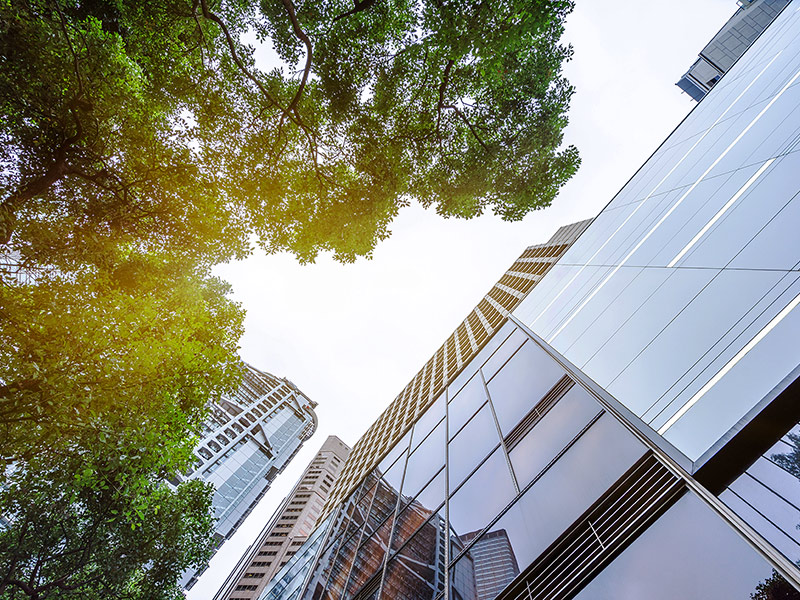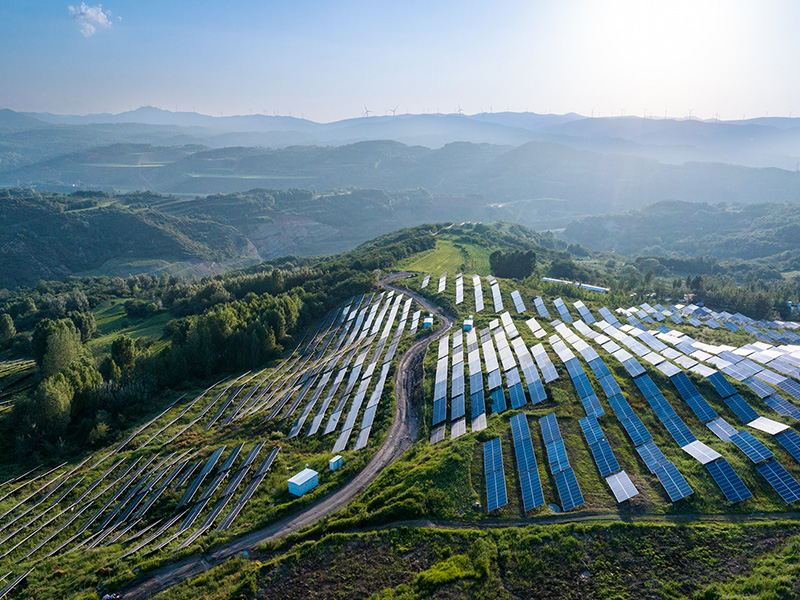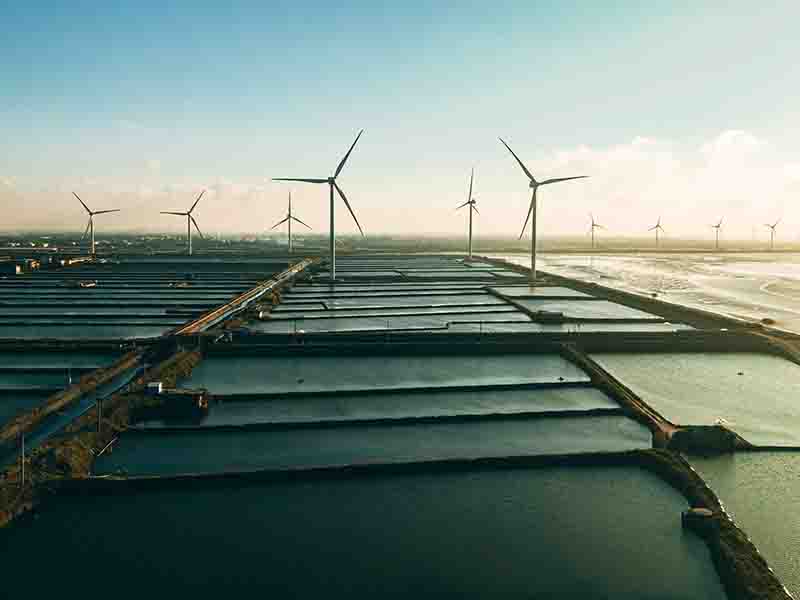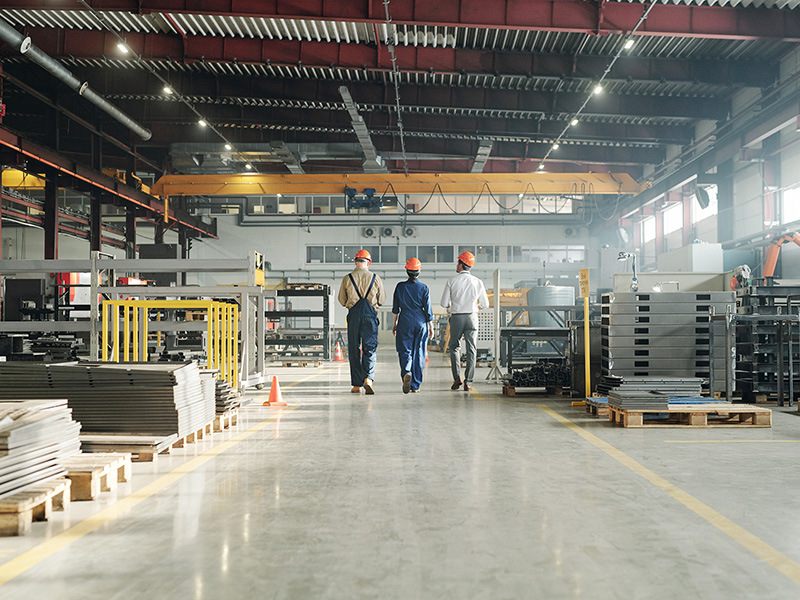
We are living through extraordinary economic and social change where "transformation" has become our daily routine. And "resilience" is a term often used to signal the formula for the road ahead. And yet, what does this mean for businesses today?
I am absolutely thrilled to join BSR as Managing Director of Business Transformation. There has never been a more exciting or inspiring time to work for an organization dedicated to creating a just and sustainable world.
I come to BSR with over 20 years of experience working for multinational corporations in the tech sector, based mainly in Europe. I’ve grappled firsthand with the challenges of setting the right strategies to build and rebuild globally recognized brands following mergers and numerous acquisitions. And at a time when sustainability was seen "optional" for companies, I had the immense honor of working with European CEOs who saw the importance of creating leading sustainability frameworks as real business differentiators—ones that enabled transformational change across both the company and the communities where they were present.
What I have learned is that those successful and resilient businesses are the ones that are able to go beyond short-termism, to achieve long-term value for all stakeholders. They do not act in isolation. They work in active ways that are deliberately interconnected—through continuous proactive dialogue across the entire ecosystem, with leaders and experts alike. They challenge global assumptions, co-create new regional approaches, and bring along new stakeholders, while sharing the outcomes and future learnings with all: business, investors, public authorities, and civil society.
As I embark on my first months at BSR, here are three insights for how business can be more resilient:
1. Business transformation must be seen as a holistic company renewal effort across every activity.
At BSR, we call this "resilient business strategies." And for this resilience to happen, it must do three core things:
- Anticipate material changes to the operating environment
- Systematically develop and test strategic plans in the context of such changes
- Allocate resources and create value in ways that enable success in multiple potential futures and collective action
Resilient business strategies are crucial not only for lasting business success, but also for a just and sustainable—and resilient—world, the importance of which we see more clearly than ever.
2. A resilient business strategy on its own is not enough.
Our world today is proving that resilient businesses can only thrive in resilient societies and economies. Neither can work without the other. And yet, societal resilience is being tested every single day—from environmental disruption to political dysfunction to income inequality to flaws in the social contract affecting economic and social mobility. For society and economies to thrive, they need an active partner in resilient businesses, ready to transform for the long term, and enabling systemic change. Both go hand in hand.
3. The deep and interconnected changes remaking our world demand collaborative action.
At BSR, we are inviting our members and all companies to partner with us to shape, test, and catalyze resilient business strategies that create long-term value in a rapidly transformed world. Shape by creating a shared understanding of what resilience means for both business and society, exploring both the building blocks for resilient business and what a 21st-century social contract would look like; test resilience through futures scenarios; and catalyze action by bringing both business and societal leaders alike together in a dialogue for change through collaboration.
Resilient business strategies, founded on building blocks addressing elements such as governance, financial capital deployment, product and business model development, natural capital management, built environment, supply chains, people strategies, and public policy, can achieve strategic advantage in a way that anticipates long-term changes for business.
Through scenario planning, our Sustainable Futures Lab can help companies test resilience across our proposed building blocks while challenging leaders—from Boards to CEOs to the entire C-suite—to ask the right questions for long-term transformation.
Finally, we know resilient businesses are hard to achieve in fragile societies. This therefore calls for collective action, bringing representatives from business and society together in a dialogue of like-minded leaders to achieve systemic change.
Mark Carney in his recent Financial Times article stated: “Building resilience means building buffers”—fiscal buffers, pandemic preparedness, digital connectivity for all to climate solutions. However, what draws us all to a common line is the deep conviction that we need to come together to enable a revolution of sustainable transformation: business, society, and the economy hand in hand.
When I joined BSR, I knew there was never a better moment to throw in my own hat to drive positive change for business with society, where ESG was at the core of a wider transformation in this Decisive Decade. And while I continue to learn each day of new challenges arising from our business members, I remain inspired by the active will across our membership and my colleagues at BSR to explore and co-create new solutions to create a just and sustainable world, through dialogue and constructive action.
It’s an extraordinary challenge—join us to drive resilient businesses today, hand in hand with society, to transform business and create a more just and sustainable world.
BSR’s latest sustainability insights and events straight to your inbox.
Topics
Let’s talk about how BSR can help you to transform your business and achieve your sustainability goals.
